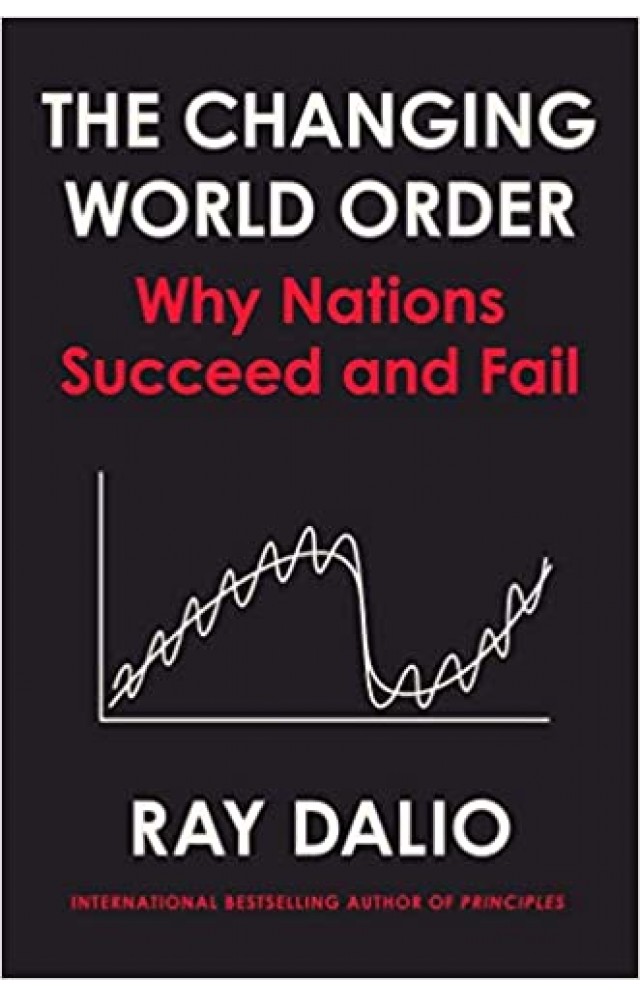

These contradictions are usually resolved through revolution and/or war, a political restructuring, and a new world order.

The result is a credit crunch, further wealth polarization and, ultimately, political polarization. That leads to a financial crisis and an economic downturn, which leads the capitalists to print more money. The cycle peaks with a financial bubble and a wealth gap between the rich and the poor. Each cycle begins with a new world order which is followed by peace, prosperity and increased productivity. He takes the four empires through the six stages of The Big Cycle. There is an excellent video by Dalio that recaps the book. When he examined history, he discovered that the same things had happened over and over in what he calls The Big Cycle and were therefore knowable. As he puts it, he found that some financial shocks he was living through seemed new, but only because they had never happened in his lifetime.

He shows that each has gone through similar economic and political cycles and that we can learn from them. He focuses on four major empires: the Dutch, the British, the U.S., and China. The book is a study of the economic cycles of the last 500 years (1400 years in the case of China). That’s where we’re at today.ĭalio’s analysis strongly supports this analysis. Then society enters an epoch of social revolution. As the economic contradictions increase, they increase the social and political contradictions.

Today, those economic relations are in violent contradiction to the advancing technology. The relations people enter into to produce today can be summed up as the private ownership of all the companies by the capitalist class and the absolute necessity of the poor and dispossessed to work for the capitalists or face poverty, homelessness and starvation. The continual development of technology drives forward the human ability to produce what it needs (and often what it may not need) to survive. We study history too, and understand that economics is a driving force in history. He is studying history in order to make better financial investments. Ray Dalio is a capitalist, a member of the Council on Foreign Relations (CFR), a billionaire investor, and the Chief Investment Officer of the world’s largest hedge fund, Bridgewater Associates.


 0 kommentar(er)
0 kommentar(er)
